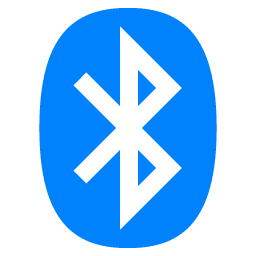Shipwright Build APIs
Shipwright’s Build API consists of four core CustomResourceDefinitions (CRDs):
-
Build- defines what to build, and where the application should be delivered. -
BuildStrategyandClusterBuildStrategy- defines how to build an application for an image building tool. -
BuildRun- invokes the build. You create a BuildRun to tell Shipwright to start building your application.
Build
The Build object provides a playbook on how to assemble your specific application. The simplest build consists of a git source, a build strategy, and an output image:
apiVersion: build.dev/v1alpha1
kind: Build
metadata:
name: kaniko-golang-build
annotations:
build.build.dev/build-run-deletion: "true"
spec:
source:
url: https://github.com/sbose78/taxi
strategy:
name: kaniko
kind: ClusterBuildStrategy
output:
image: registry.mycompany.com/my-org/taxi-app:latest
Builds can be extended to push to private registries, use a different Dockerfile, and more.
BuildStrategy and ClusterBuildStrategy
BuildStrategy and ClusterBuildStrategy are related APIs to define how a given tool should be used to assemble an application. They are distinguished by their scope - BuildStrategy objects are namespace scoped, whereas ClusterBuildStrategy objects are cluster scoped.
The spec of a BuildStrategy or ClusterBuildStrategy consists of a buildSteps object, which look and feel like Kubernetes container specifications. Below is an example spec for Kaniko, which can build an image from a Dockerfile within a container:
# this is a fragment of a manifest
spec:
buildSteps:
- name: build-and-push
image: gcr.io/kaniko-project/executor:v1.3.0
workingDir: /workspace/source
securityContext:
runAsUser: 0
capabilities:
add:
- CHOWN
- DAC_OVERRIDE
- FOWNER
- SETGID
- SETUID
- SETFCAP
env:
- name: DOCKER_CONFIG
value: /tekton/home/.docker
command:
- /kaniko/executor
args:
- --skip-tls-verify=true
- --dockerfile=$(build.dockerfile)
- --context=/workspace/source/$(build.source.contextDir)
- --destination=$(build.output.image)
- --oci-layout-path=/workspace/output/image
- --snapshotMode=redo
resources:
limits:
cpu: 500m
memory: 1Gi
requests:
cpu: 250m
memory: 65Mi
BuildRun
Each BuildRun object invokes a build on your cluster. You can think of these as a Kubernetes Jobs or Tekton TaskRuns - they represent a workload on your cluster, ultimately resulting in a running Pod.



Top comments (0)